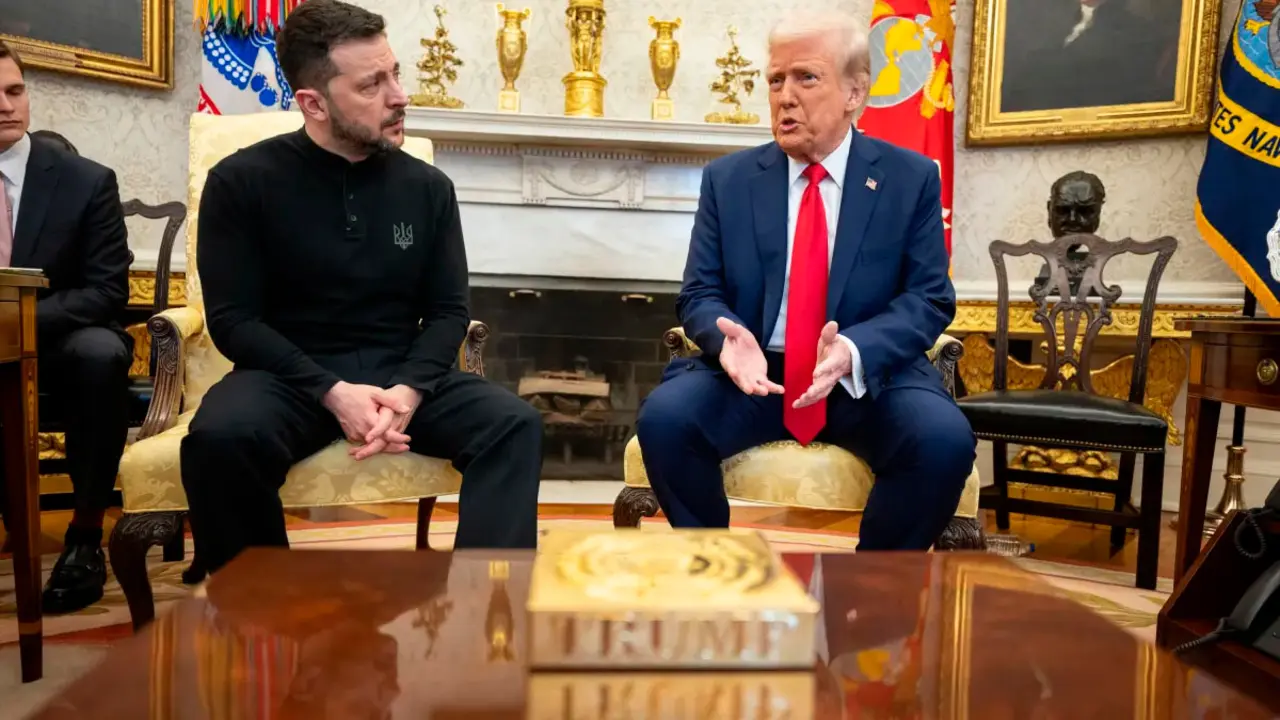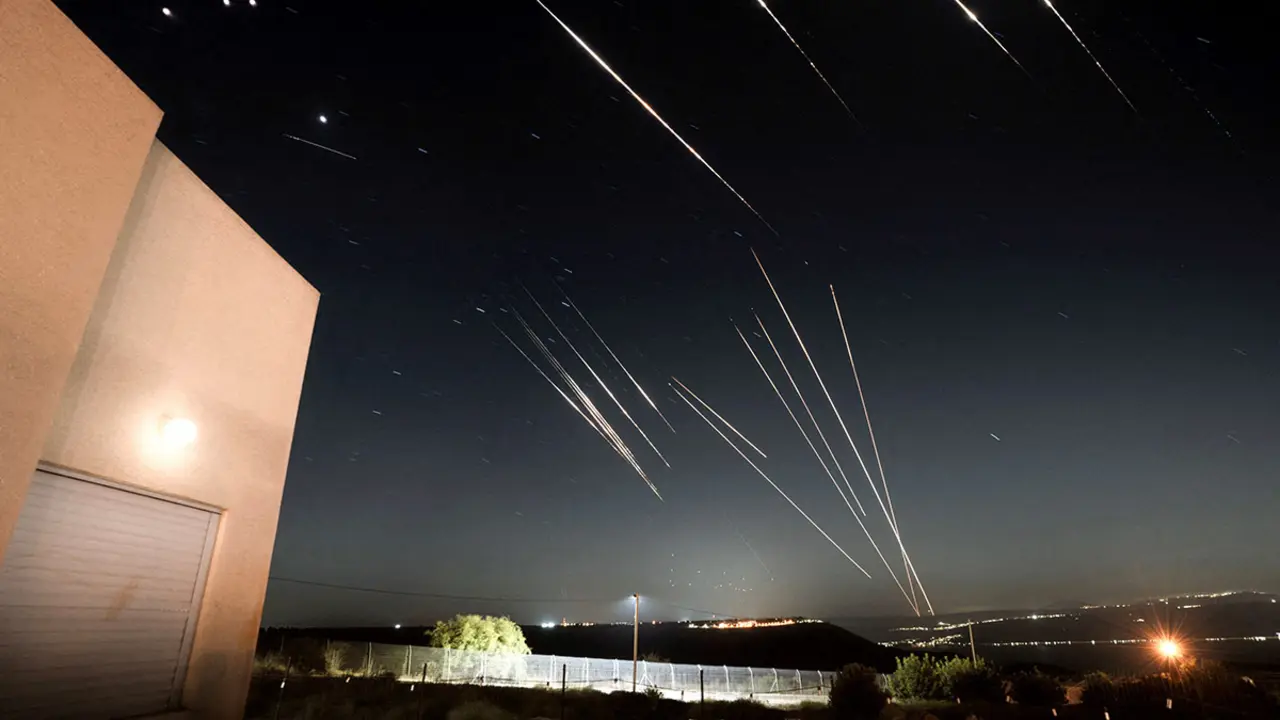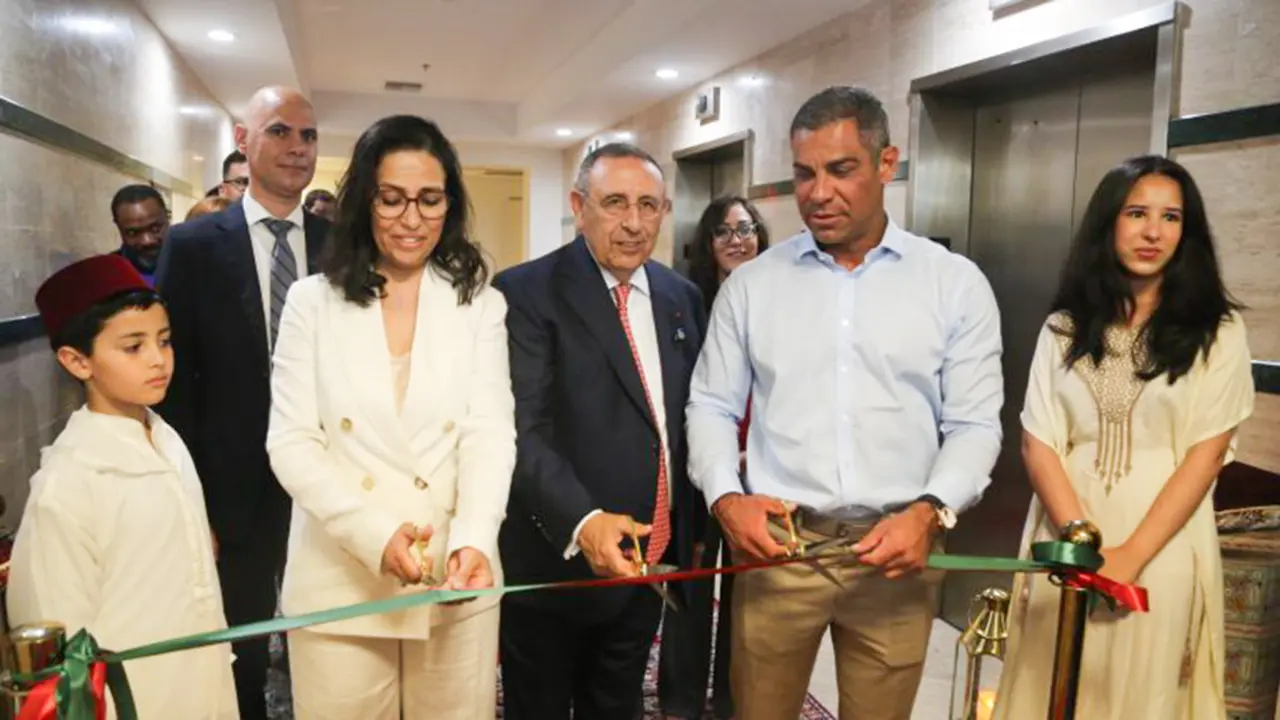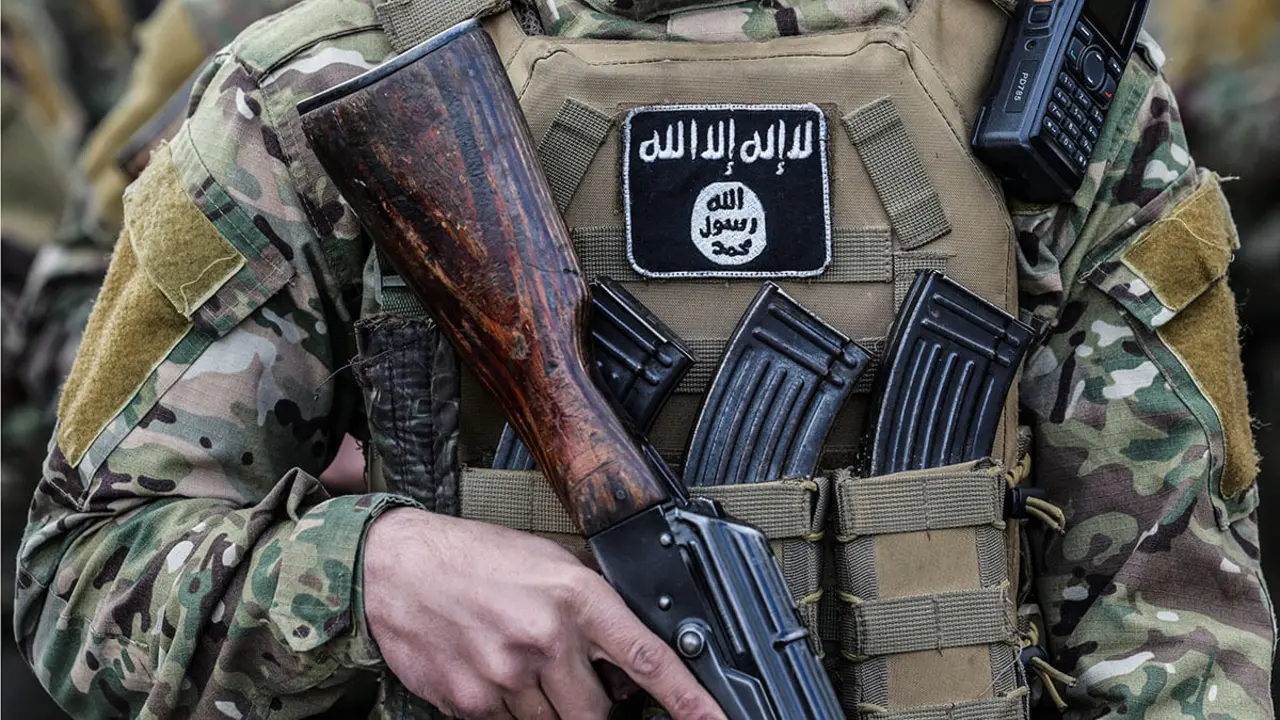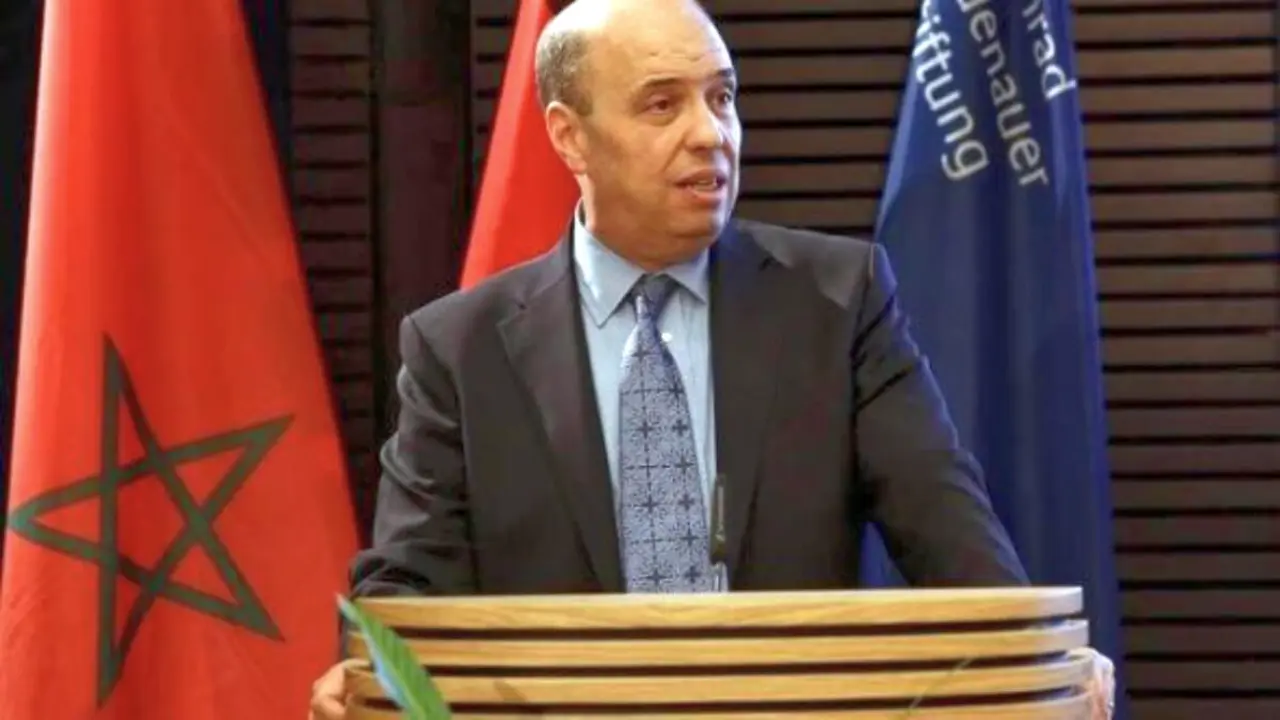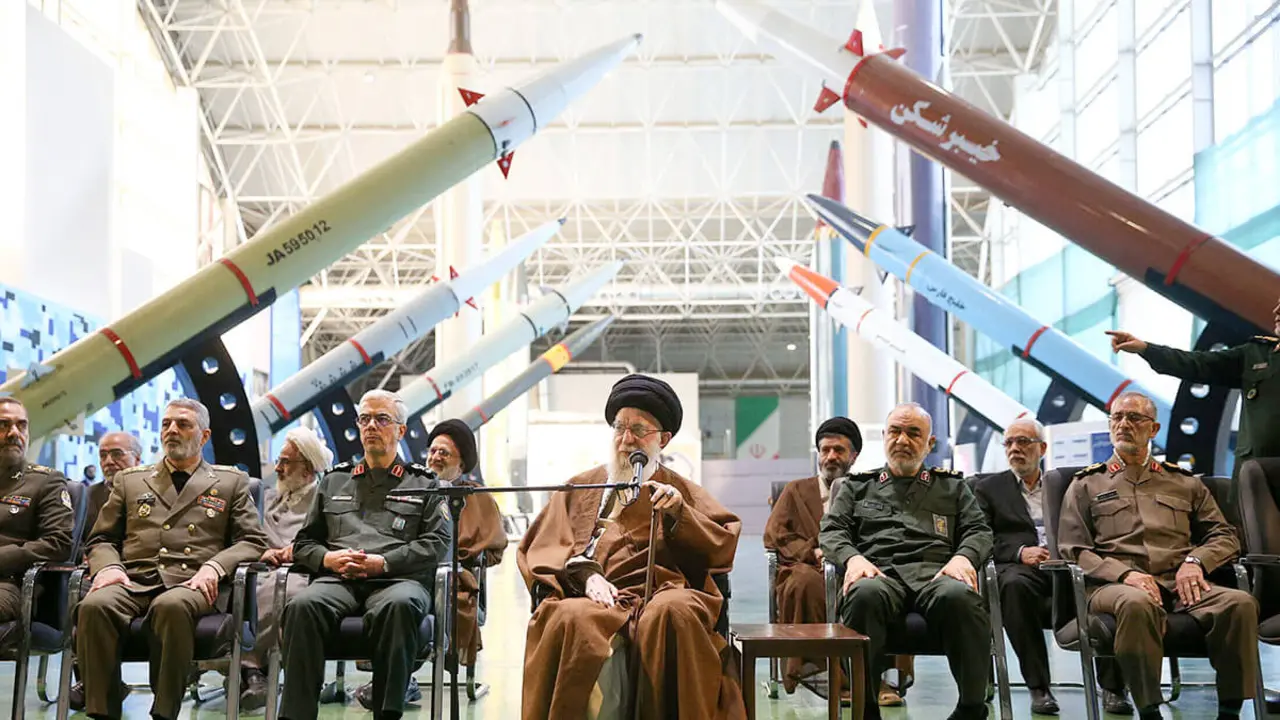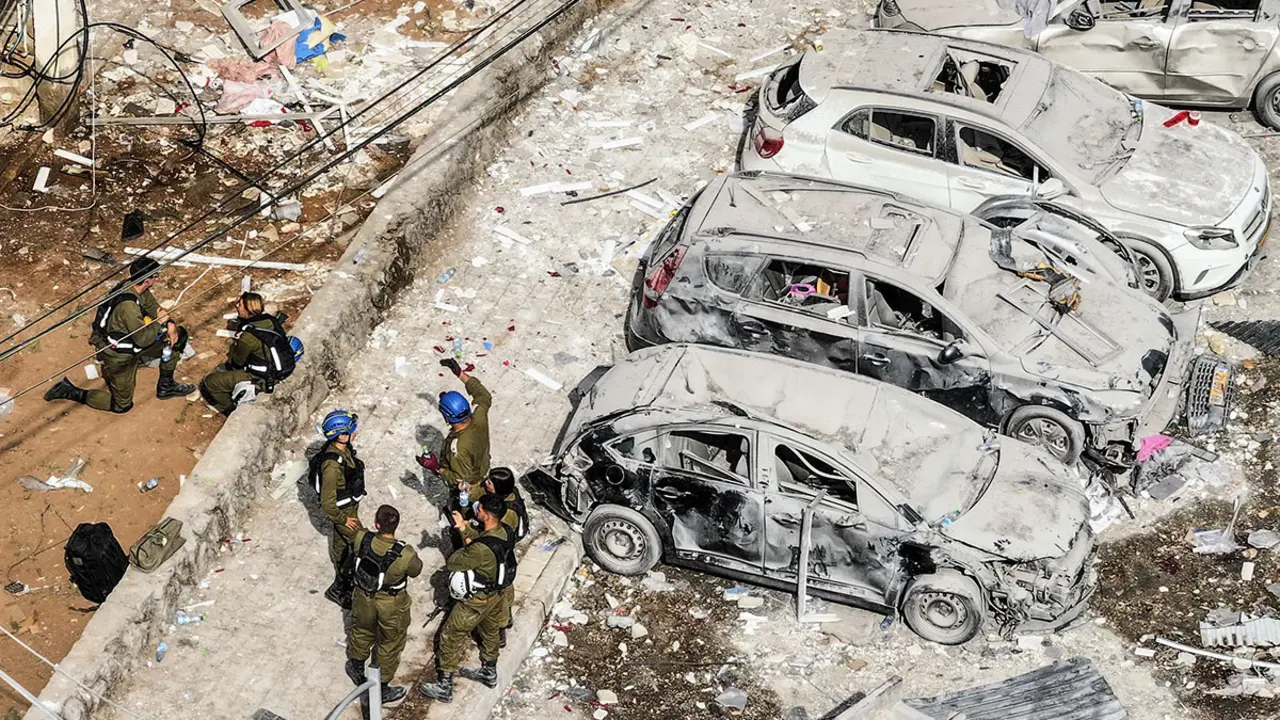Houthi minister killed after Saudi bombing in Yemen

Houthi administration sources acknowledged on Sunday the death of Major General Zakaria Yahiya al-Shami, who also served as transport minister. Al-Shami was the fourth-ranked of the 40 Shia militia members most wanted by the Saudi authorities. In 2017, coalition forces placed him at the top of the list. Saudi Arabia went so far as to offer $20 million to anyone who provided information on his whereabouts.
The Emirati channel Al-Arabiya reported two contradictory versions of the cause of his death. The first claims that he was killed by coalition forces along with other senior Houthi militia members during the raid on Marib, while the second maintains that he was liquidated by other senior Houthi officials as a result of internal divisions within the organisation following the appointment of Iranian Revolutionary Guards commander Hassan Erlo as Tehran's delegate in Sana'a. The latter motive has been confirmed by the Iranian military. This latest motive has been confirmed by the Yemeni news agency Khabar.

The Tehran-backed Shi'a militia has credited al-Shami's death to COVID-19. Reuters reports that two insurgent officials claimed that his death was due to "complications from the coronavirus infection". According to this version, the transport minister was treated in a hospital in Sana'a alongside the prime minister of the same administration, Abdel-Aziz bin Habtour, and other officials who were also infected.
The Houthi administration did not comment on this. Abdulaziz Alkumaim, the Houthi minister of planning, said on social media that Al-Shami had died, without giving further details. "This is a big blow to the Houthis, as Al-Shami is the commander of the military wing. This is the most important Houthi leader to be killed in an Arab coalition airstrike since al-Samad," an official said, referring to Saleh al-Samad, a senior Houthi leader who was killed in 2018, in remarks carried by Arab News.

Saudi-led coalition fighter jets bombed several insurgent-held locations in Yemen on Sunday. The air strikes were concentrated around the capital, Sana'a, hitting military camps, rebel installations near the airport and outlying areas. Coalition forces also reportedly attacked other rebel positions in the port city of Hodeida, according to the Houthi television station Al-Masirah.
The attacks were carried out in retaliation against continued cross-border raids by the Shi'ite militia. "Once again, the air force attacked a military site at Abha International Airport this morning with a Qasef 2K drone with high precision," Houthi armed forces spokesman Yahya Sare'e announced on Saturday, announcing yet another offensive by the insurgents.
The day before, the insurgents attacked one of the refineries of the state oil company Saudi Aramco in Riyadh, "in retaliation for the escalation of brutal aggression and its unjust blockade of Yemen", according to Sare'e himself. The attack was carried out by six explosive-laden drones and caused a fire at the facility, according to the Saudi authorities. However, the fire was brought under control and did not cause damage to the oil supply. Cross-border air offensives by Yemeni insurgents rarely cause fatalities.
The rebels target both Saudi airport facilities and military hangars. However, the main intention is to damage the Kingdom's oil supplies and block the production of 'black gold'. The Saudi authorities have assured that such acts of "terrorism and sabotage" are not only directed against Saudi Arabia, but affect "the security and stability of energy supplies around the world, as well as the global economy".
Saudi Arabia's minister of state for foreign affairs, Adel al-Jubeir, denounced the Houthis' collusion with Iran, noting that all military weapons used by the rebels come from the Tehran regime. The Kingdom is calling for a common front against the attackers.

The Shiite militia launched an offensive against the governorate of Marib and its capital Marib last February. The region includes one of the country's major oil and natural gas reserves, and is so far the last government stronghold in the north of the country and the host city for thousands of displaced Yemenis. Analysts interpret that, beyond the control of resources, the operation responds to a strategy of strengthening the Houthis with a view to a future peace negotiation.
The Shiite militia has suffered successive major defeats on several battlefields on the outskirts of the governorate. More than 1,000 militia fighters have been killed in 2021. Hundreds of coalition air raids have destroyed Houthi forces and military equipment, shifting the balance of power in favour of the government. However, the severity of the fighting may hamper US and international efforts to end the war in Yemen.
The resolution of the conflict seems even more distant because of the underlying confrontation between Washington and Tehran over a new nuclear deal. The UN, for its part, has expressed its concern over the new escalation of violence and the humanitarian situation in the country. "The fighting poses a threat to attempts to end the war in Yemen at a time when the international community is increasingly united to end the conflict," the Security Council said.

